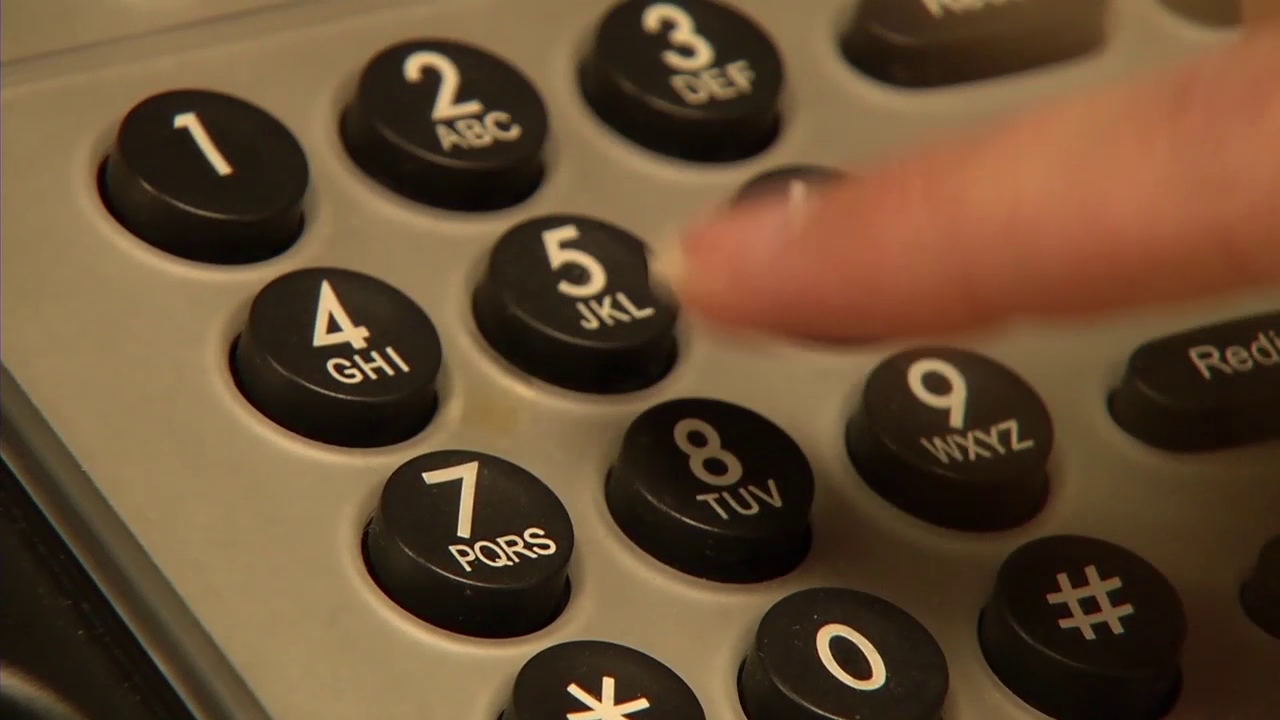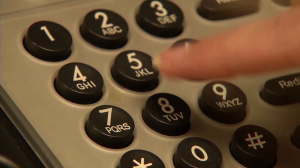
Warning about Court Scams
The Maryland Judiciary wants to warn the public about “court” scams that are going on in the state. The most recent reports have been about a telephone jury duty fraud operating in Allegany and Howard County, but other courts have reported issues in recent months, as well.
Here are some tips from the Maryland Judiciary:
In this most recent scam, the caller claims to work for a court, tells the person he or she has been charged with contempt or has been fined for not reporting for jury duty, and demands payment over the phone, typically with a pre-paid card. The caller sometimes refers to a judge by name, and says that if payment is not made, an arrest warrant will be issued.
This phone call is a scam. If you get a call like this, simply hang up. Maryland courts do not call citizens to get payment over the phone for a fine for missing jury duty.
You can check your status as a juror or report any suspicious jury duty telephone calls by contacting your Circuit Court jury office. Contact information for courts is available on the Maryland Judiciary website, www.mdcourts.gov, and click on “Locate a Maryland Court.”
Other court-related scams to watch out for:
Email “court case” virus
This computer virus comes in an email claiming to be about a court case. The email is a scam, and opening any attachment or clicking on any link in the message triggers a malicious program that infects the recipient’s computer. The email is not from the courts nor is it about a court case.
If you receive an email with a subject line such as “Hearing of your case in Court” or “Notice to Appear in Court”:
–Do not open the email or any attachments, don’t click on any links or unsubscribe. Doing so may install the malware/virus onto your computer.
–Delete the email.
Juror email scam (federal courts)
A juror scam email, which fraudulently seeks personal information that could aid identity theft, has been reported in at least 14 federal court districts. The email is fraudulent and has no connection to either the federal courts or to eJuror, an online registration program used in about 80 U.S. court districts.
The Administrative Office of the U.S. Courts noted that eJuror never requests that personal identification information be sent directly in an email response. U.S. District Court officials urge anyone who suspects a fraudulent email or call to contact the clerk’s office at their nearest federal district court. Anyone who responded to the email should take appropriate steps to safeguard their personal and financial information, which may include contacting the major credit bureaus.
More information about juror scams is available on the U.S. Courts web page and this video.

Engage us on Facebook
Follow us on Twitter
Tweets by @mymcmedia